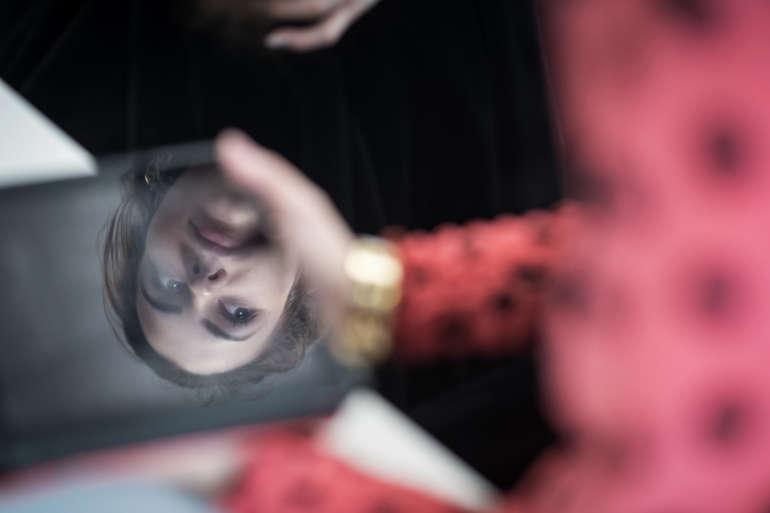Covid-19 pandemic decreases the welfare of students – Diak and its partners received funding for developing support and guidance services

The pandemic and its effects undeline the meaning of adequate student welfare services during the duration of studies from the first weeks to graduation and entering the work life.
Social distancing sets challenges
With social distancing, the social contacts have decreased and the experiences of loneliness are relatively common. On the other hand, some students enjoy distance learning and feel like it suits them better than contact teaching.
– As higher education institutions moved to distance learning, the need for self-directed learning increased strongly. Simultaneously, the availability of social support decreased because of social distancing. Some students have described that they have problems with self direction, schedule management, concentration and other skills that distance learning requires, explains Diak’s Vice Rector and Director of Education Pirjo Hakala.
Distance learning and social distancing have also increased the pressure for changes in the work methods of specialists that produce student support services: student counsellors, study guidance counsellors and tutors.
– The sudden change to start providing support services online required fast adaptation and updating the long-established practices, Hakala describes.
Well-being is a priority
The new project implements the necessary actions to strengthen the student support and well-being practices in higher education institutions. It is a national project covering the provinces of Uusimaa, Southwest Finland, northern Ostrobothnia and Kainuu.
Student feedback has been drawn on the preparations of the project. The project is implemented with a participatory development method – the students are involved in forming and carrying out the project activities.
– Our primary goal is to enhance the well-being and health of students with our partners. We aim to do this by strengthening the educational community and by developing innovative solutions to reduce loneliness and exclusion together with students, tells Diak’s Head of RDI Services Sari Vilminko.
In practice, the project will produce a new kind of service process for online support and wellbeing. Another practical goal is to bring online and e-tutoring as a part of the key activities of student unions involved.
A forerunner in developing student well-being services
Diak has a long experience in developing student well-being services.
– Already before the pandemic, Diak has considered student well-being services as a key part of our services for students. With project work we have been able to develop many tools, models and services over the years. We can utilise this strong foundation when developing new methods for support services, concludes Sari Vilminko.
